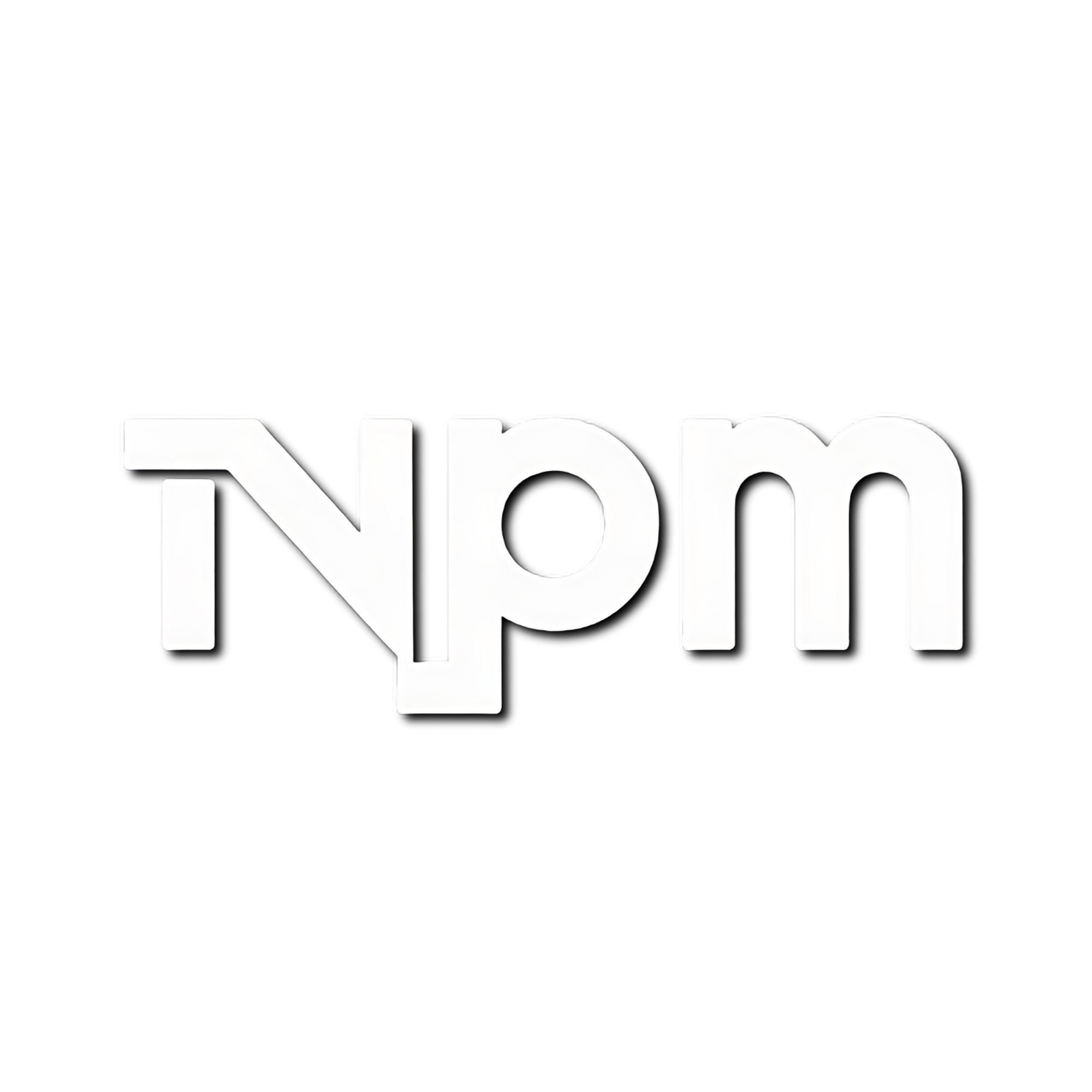Microsoft’s (MSFT) latest round of layoffs recently made headlines, with the tech giant planning to cut its global workforce by 9,000 “to implement organizational changes necessary to best position the company and teams for success in a dynamic marketplace,” according to a company spokesperson.
This round of layoffs adds to those in January, May, and June of this year. Reading between the lines, many investors believe artificial intelligence is responsible for the Microsoft job cuts as the company continues to invest in the revolutionary technology.
Investors could therefore see the layoffs as a strategic move by Microsoft to further enhance its AI capabilities by investing some or all of the savings from these layoffs. With rivals like Meta (META) and Google (GOOGL) strengthening their AI teams by poaching top talent, Microsoft could use these savings along with its healthy cash reserves to explore elite hires.
Still unsure about Microsoft? Here are some reasons to consider investing in the stock here.
Microsoft’s status as one of the most valuable companies globally is largely due to its ongoing innovation and consistent growth in revenue and earnings. Over the past ten years, Microsoft has reported revenue and earnings compound annual growth rates (CAGRs) of 11% and 17%, respectively. This growth has been accompanied by a 965% surge in MSFT stock.
Beyond its remarkable growth, the company has a strong track record of exceeding expectations in its quarterly performance.
In its most recent reported quarter, Microsoft reported revenues of $70.1 billion, a 13.3% increase year-over-year. Net earnings also grew robustly, rising 17.7% to $3.46 per share, surpassing analyst expectations of $3.22 per share. The main driver of revenue growth was its services division, which rose from $44.8 billion in the same quarter last year to $54.7 billion.
Its operational cash flow also reflects this strength, increasing to $37 billion from $32 billion in the previous year. Microsoft ended the quarter with cash reserves of $28.8 billion and no short-term debt, demonstrating sound fiscal discipline and liquidity.


Leave a Reply